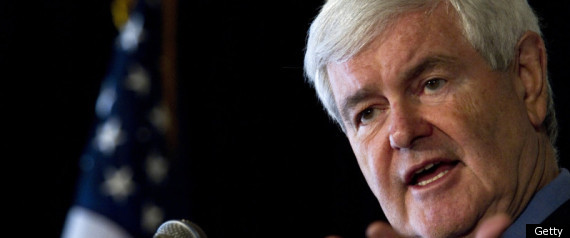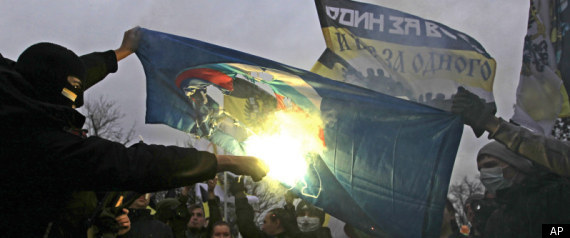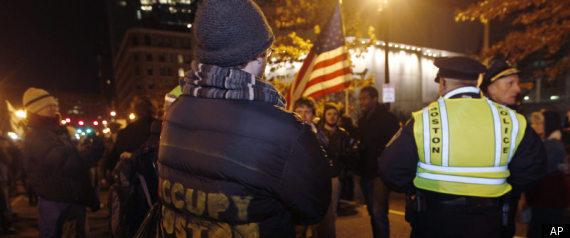 DES MOINES, Iowa — Republican presidential hopeful Newt Gingrich said he supports a peace agreement between Israel and the Palestinians that includes two separate states, but he did not step back Saturday from his assertion that Palestinians are an "invented" people, an incendiary comment that infuriated one side in the Mideast peace process.
DES MOINES, Iowa — Republican presidential hopeful Newt Gingrich said he supports a peace agreement between Israel and the Palestinians that includes two separate states, but he did not step back Saturday from his assertion that Palestinians are an "invented" people, an incendiary comment that infuriated one side in the Mideast peace process.The burden to show a willingness to reach a peace accord with the Israelis lies squarely with the Palestinians, he said.
"When the president keeps talking about a peace process while Hamas keeps firing missiles into Israel, if we had a country next to us firing missiles, how eager would we be to sit down and negotiate?" Gingrich told a veterans forum in Des Moines, before participating in a nationally televised debate with six other GOP candidates vying for the presidential nomination.
Palestinian officials reacted furiously on Saturday to Gingrich's assertion, accusing the Republican presidential hopeful of incitement and staging a "cheap stunt" to court the Jewish vote.
The remarks struck at the heart of Palestinian sensitivities about the righteousness of their struggle for an independent state and put him at odds not only with the international community but with all but an extremist fringe in Israel. Mainstream Israelis, including Prime Minister Benjamin Netanyahu, support the idea of an independent Palestine alongside Israel as part of a final peace agreement.






















